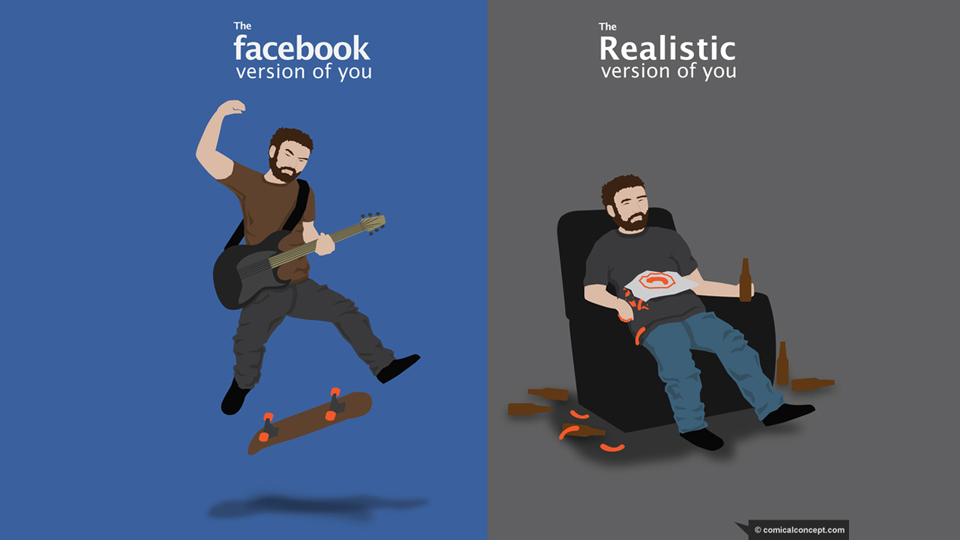A three hour dinner at a steakhouse. Back and forth regarding mediator selection at Reddit. Exchanging Facebook messages regarding contract negotiations in Dallas.
I already shared the details of the steakhouse experience over at Above The Law. Myself and a few lawyers around the country got together to discuss blogs, scare law students, and watch a friend argue before the Georgia Supreme Court.
On Reddit, in the private, lawyers-only r/lawyers (think of a lawyer-only listserv, but not based on crappy, 30 year old technology), a lawyer was looking for a mediator in Alabama. Another lawyer recommended reaching out to me. I helped suggest mediators to them.
On Facebook, a friend that had moved to Texas a few years ago asked for help with some contract negotiations and was wanting a new lawyer. I reached out to my network of friends and lawyers until I found them a lawyer that specialized in contracts in that particular field.
All three situations arose for two reasons: reputations and relationships.
Is The Internet Real Life?
When I was right out of the gate from law school, I attended a continuing legal education (CLE) class geared towards new lawyers. The presenters were judges or lawyers who had been practicing 20+ years.
Universally, there were two attributes every presenter mentioned. The attribute that always took precedence, and was deemed to be the most important thing to be possessed by a lawyer, was credibility. Absolutely above-the-board, more important than anything else, top-shelf credibility was the most important trait listed by every judge and lawyer.
Have an appointment? Keep it. Say you are going to do something? Follow through. Going to be late to an appointment? Call ahead and keep everyone informed. And most importantly, never ever be untruthful with the court, another lawyer, your clients, anyone. Period.
These are all things that happen “in the real life.” Should the Internet be any different? Shouldn’t your conduct and behavior online match your conduct and behavior offline?
There is a disconnect for many people in their online v. offline behavior and conduct. Maybe they don’t like who they are in “real life.” Maybe they have secret desires or opinions that they feel they can’t express. Maybe they want to seem more than they really are in order to attract attention or business. These people engage in puffery or hide behind anonymous accounts.
For these people, the Internet is not real life. Maybe they have good reasons, maybe not. But who they are online does not match who they are offline.
Ten years ago, long before social media was popular, I decided to always use my real name online. Every account, every service, every website. I did it to hold myself accountable. I would only conduct myself online in the same manner I would conduct myself offline. My reputation would sink or swim based on my conduct.
Over the past five years, I’ve gotten clients, built friendships, wrote a book, joined boards and committees, traveled across the country speaking at events – all due to the transparency of who I was online and the reputation that emerged from it. Online or off, what you see is what you get.
Mike is no different. For Mike, the Internet is real life. Integrity – unity of thought, word, and deed – is a hallmark of how he conducts himself. There is no filter of who he is on the Internet v. who he is in real life (aside from trolling for lulz & profit). It also means that many people disagree with him or dislike his behavior.
By being true to himself online, Mike opens himself up to scrutiny and criticism. He willingly accepts this.
But many people seem unable to withstand even the smallest amount criticism. They don’t want to be challenged, they only want to be praised.
People craft farcical caricatures of themselves online, their “Facebook self.”
Fear of shame and rejection propels people to hide behind digital masks.
Yet it also limits them from gaining a reputation for who they really are and what they really do.
Serendipity
The other must have attribute mentioned at the CLE was relationships. It is impossible to exist in a vacuum and expect any type of success. No man is an island.
For lawyers, this means going to the courthouse regularly. Don’t have a reason to be there? Who cares. Go and meet with judges, meet their staff, the bailiffs, DAs, clerks, anyone and everyone in the building. Become a known quantity.
Get involved with the local bar association. Volunteer for committees, sign up to chair one. Attend events and become a known quantity.
Go out in your local community. Volunteer and interact with people who have no connection to the legal world. Meet people. Have fun. Give freely of yourself and your time, it will come back to you threefold. Invest in your community and your community will invest in you.
Why?
The breadth and depth of your relationships often determine the scale of your opportunities.
Have few relationships? You’ll likely only be presented few opportunities.
Have shallow relationships? You might get opportunities, but they won’t be significant ones.
The opportunities presented to you are often dependant on your relationships. The more relationships you have, the more in-depth relationships you have, the more opportunities come your way.
Reap What You Sow
Your reputation and your relationships are likely the two biggest factors to your success or failure in almost any aspect of your life – personal or professional.
Fortunately, they are also two factors that are largely up to you. Your reputation is yours to make. Your relationships are yours to build.
Your reputation and your relationships are your personal responsibility.
Are you taking care of yours?















